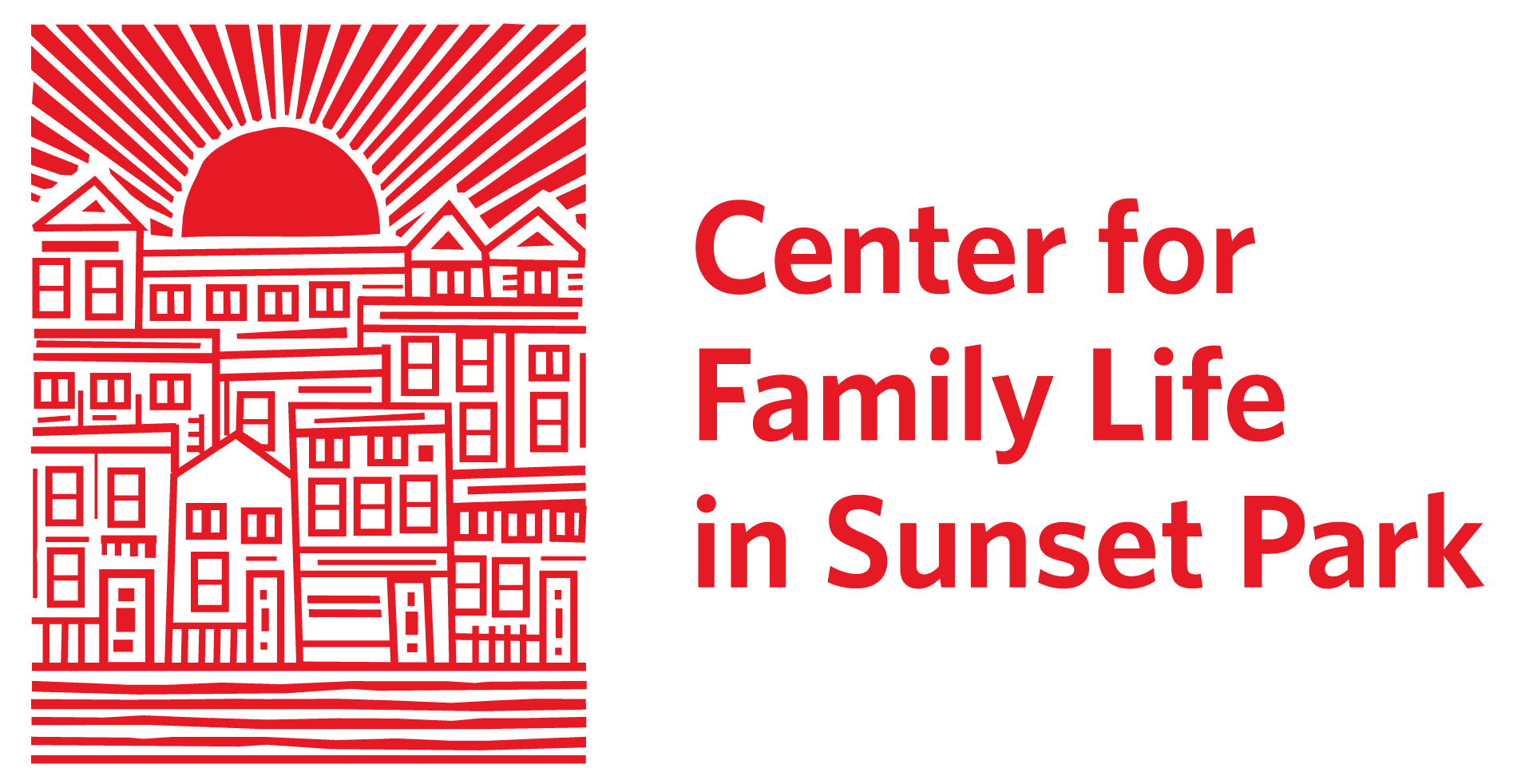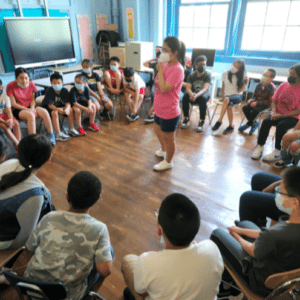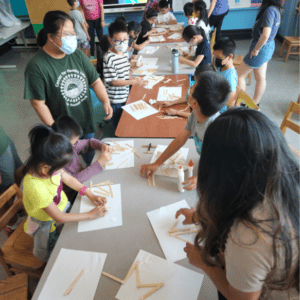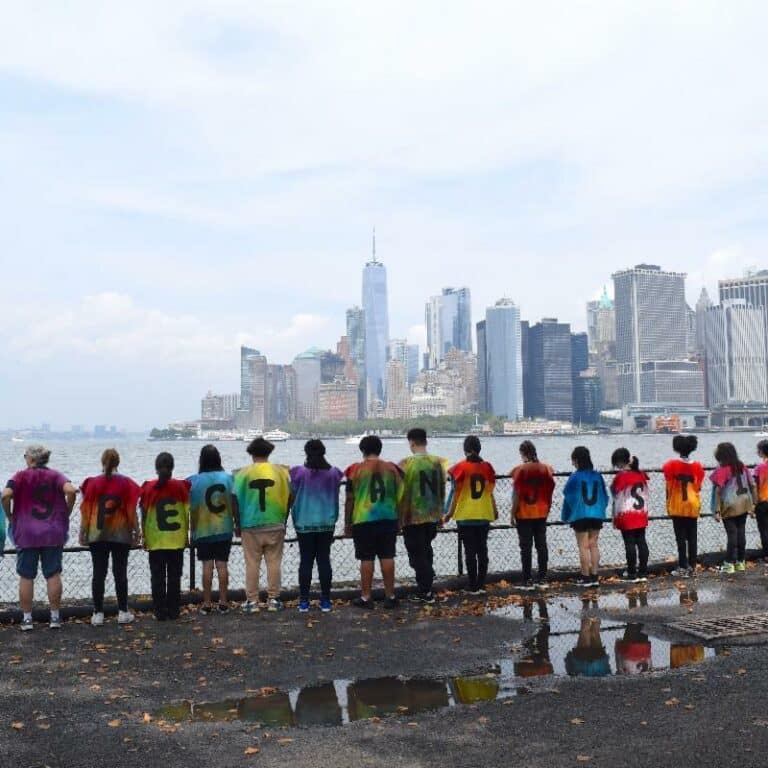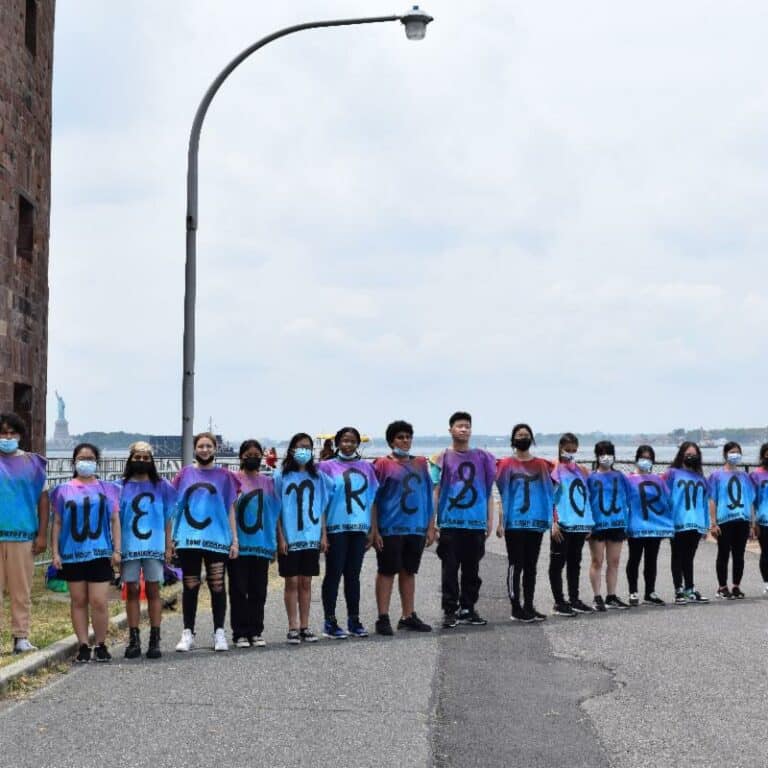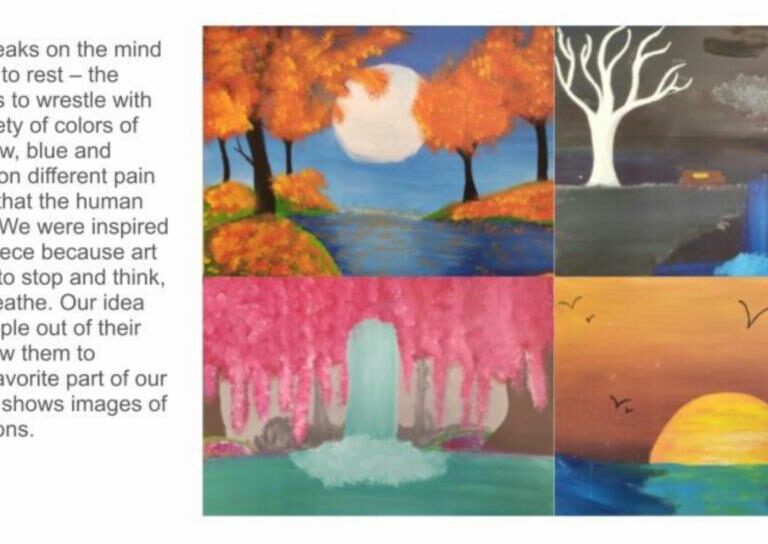Thriving Families Safer Children is a project designed to promote solidarity between community members and to build their capacity to use available community level data to support advocacy and to demand the dismantling of unjust social policies.
This project engages Community Study Circles comprised of diverse groups of Sunset Park residents. These groups, which meet weekly, engage a popular education methodology and are facilitated by community member Zenayda Bonilla, who serves as the Peer Advocate. Participants in Study Circles begin with an exploration of their own migration and settlement stories. In this way, Study Circles become a safe and welcoming place for community members where they can be introduced to and become conversant in publicly available data. The group uses the data to identify the ways that immigrant and BIPOC residents are disparately impacted by economic and social challenges. Specific attention is given to data on economic and social factors which result in disproportionate involvement in the child welfare system. Attention is paid to interpreting data on child welfare investigations and child removals with a goal of uncovering “the story” that data can tell us about human experience.

Participants in these groups look at data on socioeconomic status of members within their neighborhood alongside comparative data showing the socioeconomic status of people in adjacent communities. They also review data on the number of people living in poverty, relying on public assistance, receiving Medicaid, as well as the level of education reached by members of their communities. This data is personal to those reviewing it as it represents their own and their neighbors’ situations and experiences.
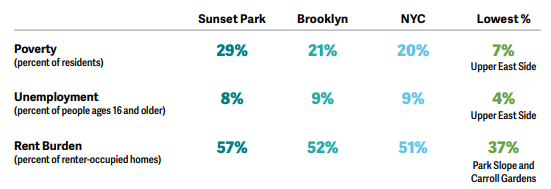
Participants share what they learn with others in their neighborhood and present their observations and proposals for positive change to elected officials and advocacy groups in New York City. Further, Study Circles give those impacted the most by the child welfare system the resources and understanding necessary to challenge the system’s policies. Zenayda Bonilla and Julia Jean-Francois have discussed the problems associated with the current child welfare system in their recently published article “Reflections on our Work in Community- Troubling the Frame,” which is part of the Summer 2022 edition of the journal Family Integrity & Justice Quarterly. Julia Jean-Francois has also written about this issue in her chapter, “Community Based Organizations and Public Child Welfare Authorities: The Challenge of Partnerships,” in the recently published book Leadership Reflections: How to Create and Sustain Reforms in Children and Family Services.
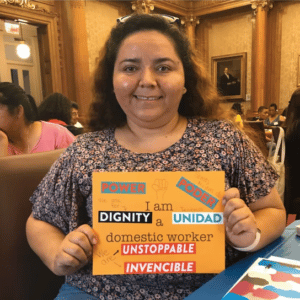
In their article in the Family Integrity & Justice Quarterly Bonilla and Jean-Francois write about reform efforts in the child welfare system in New York City and how these have impacted Black and Brown communities. They bring attention to the long history of community surveillance and family separation and investigate the current and historical conditions which perpetuate disproportionate participation in the child welfare system. They suggest that the solution to this is to support community driven advocacy that focuses on the wellbeing of communities as a whole. To read more about this, click the link here.
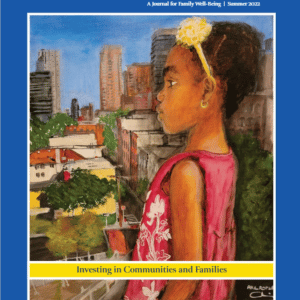
Thriving Families Safer Children supports community members to dismantle barriers that perpetuate inequity in their neighborhoods through data driven advocacy that is framed and carried out by the community itself and that can promote a just and inclusive New York City.
